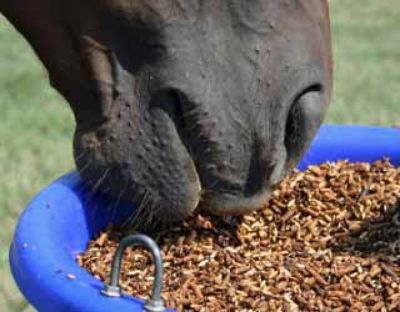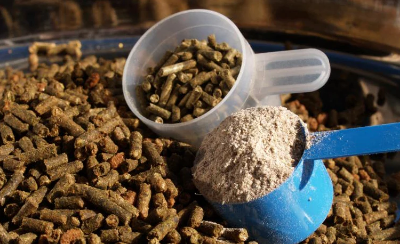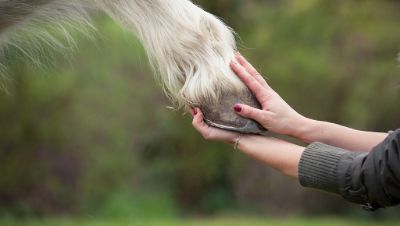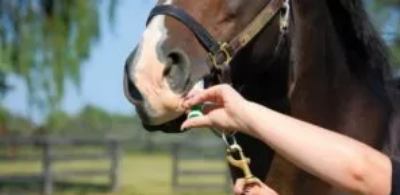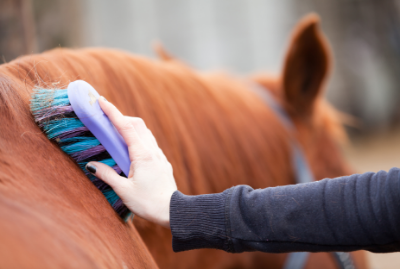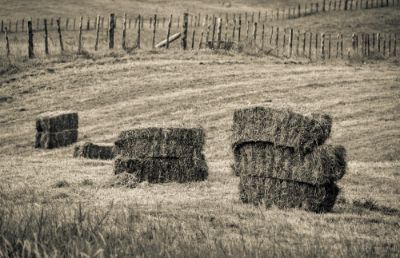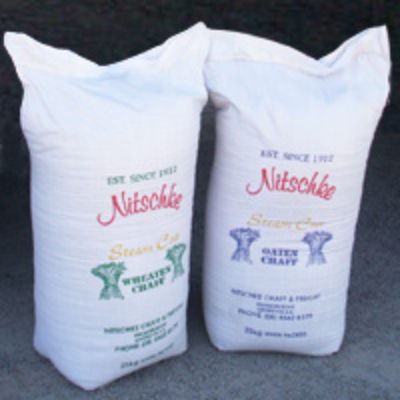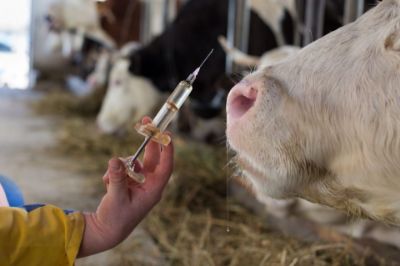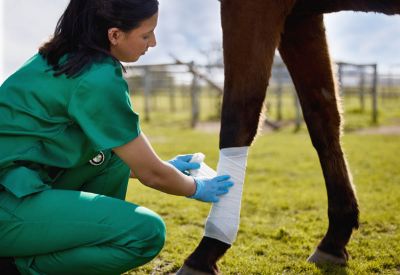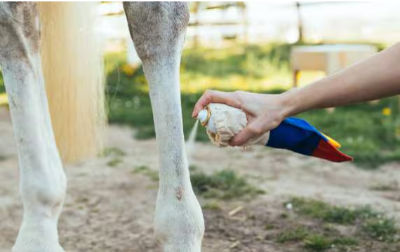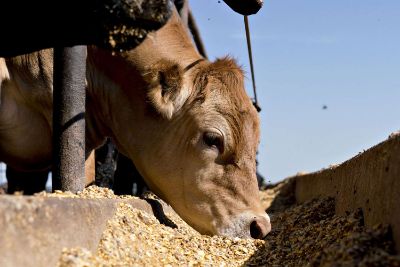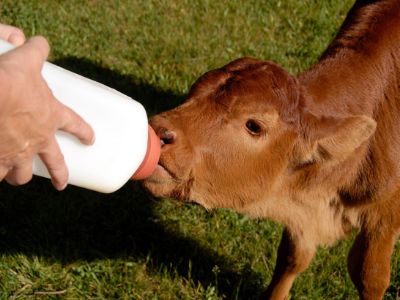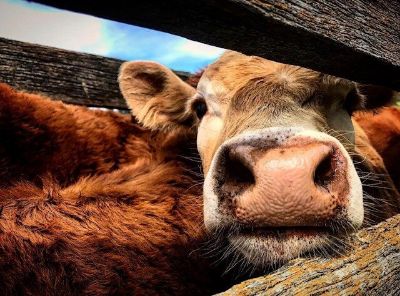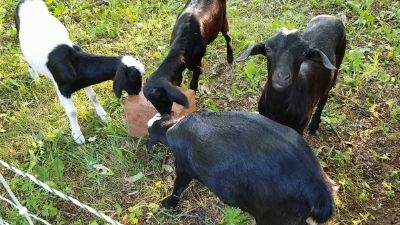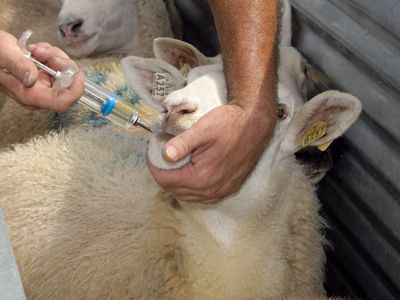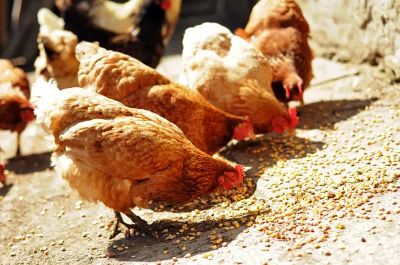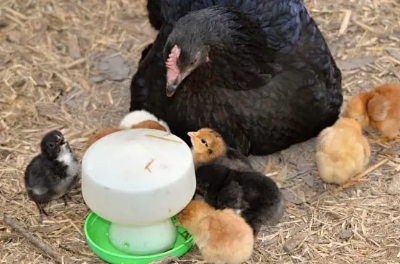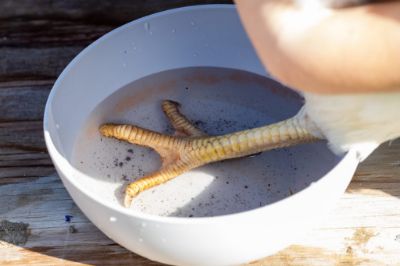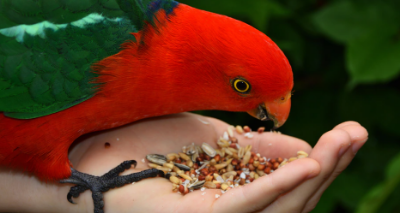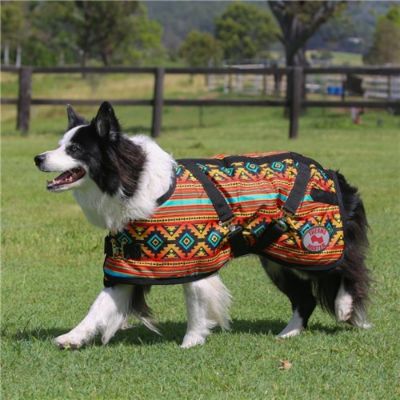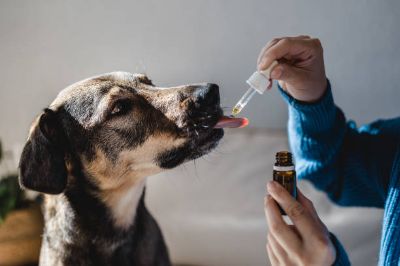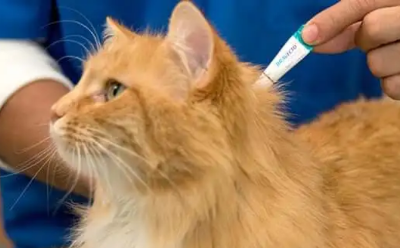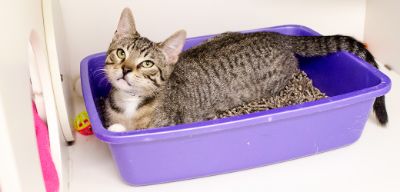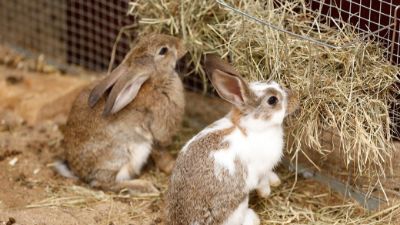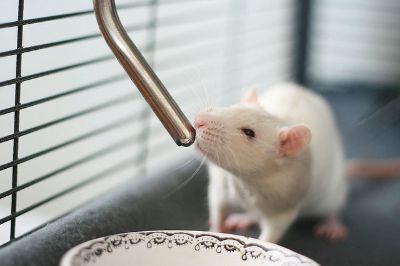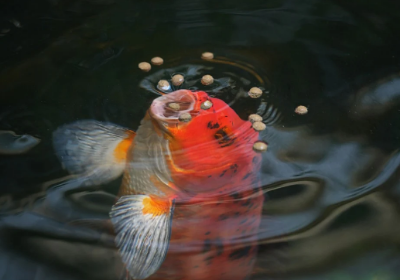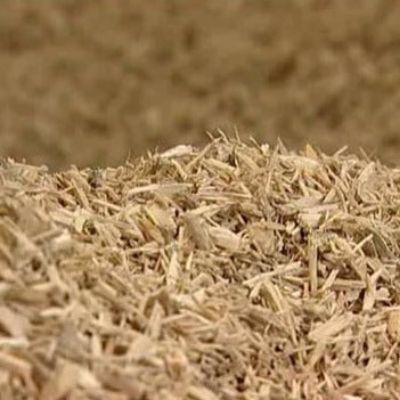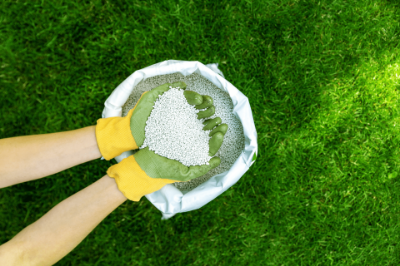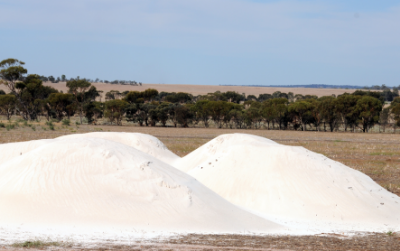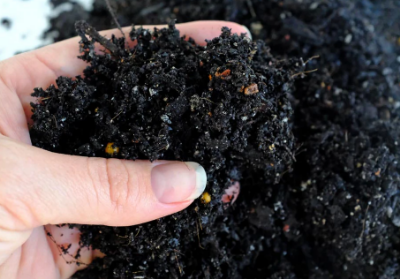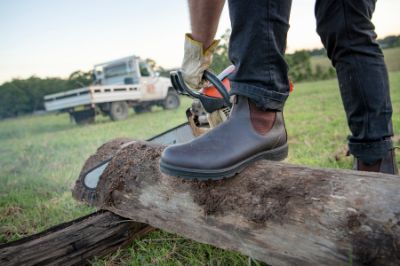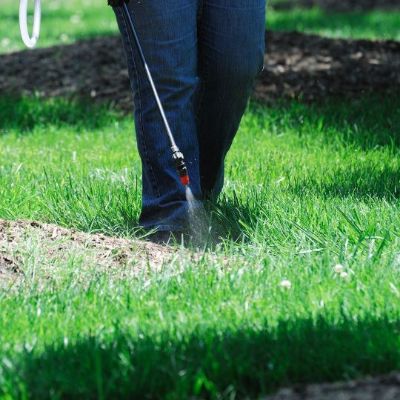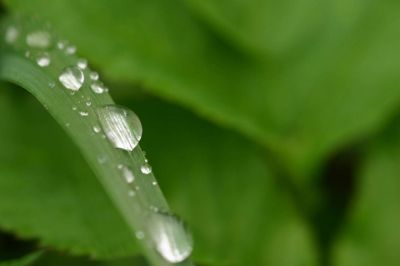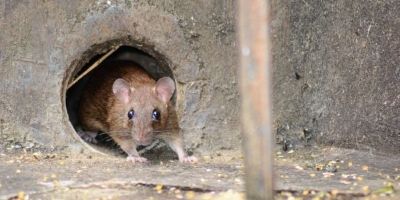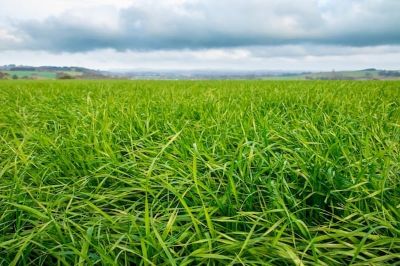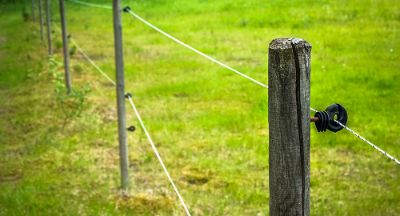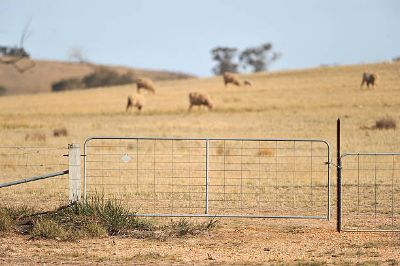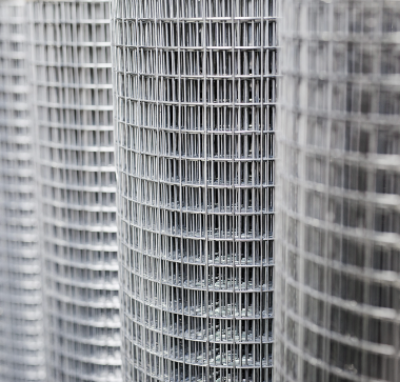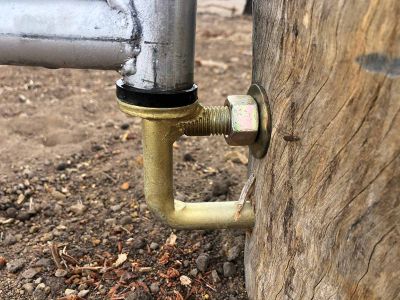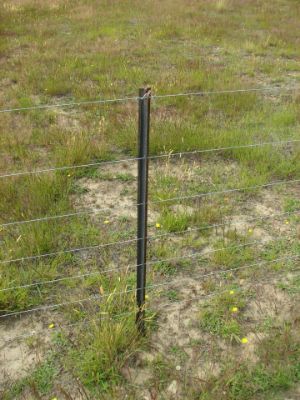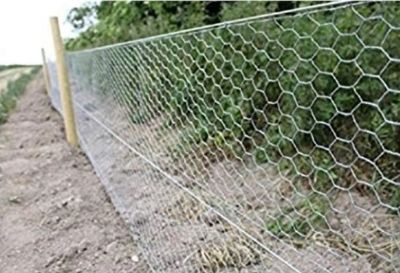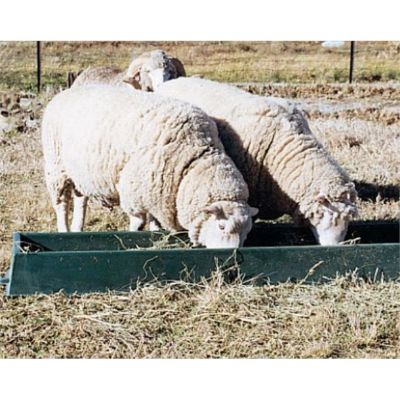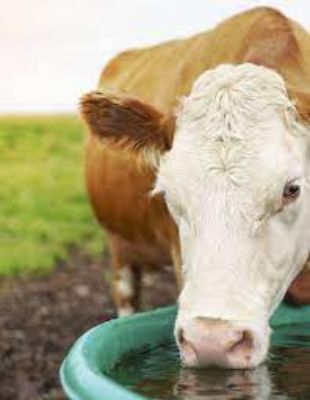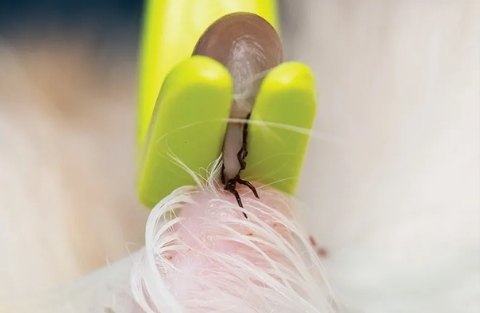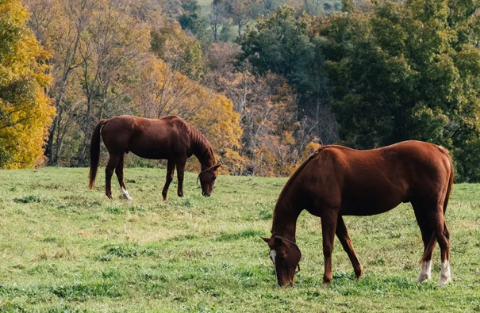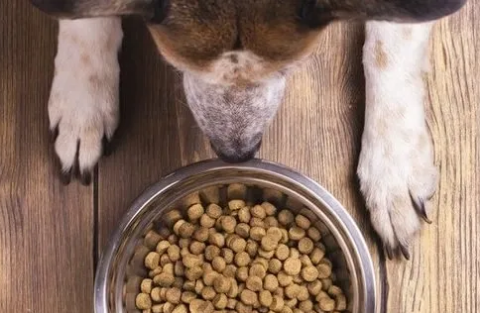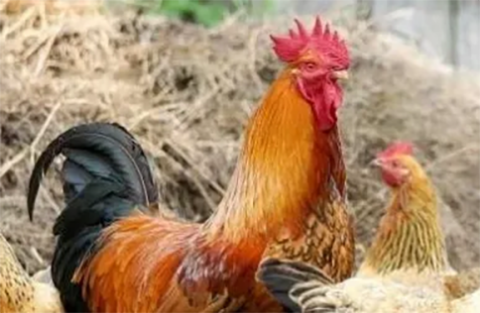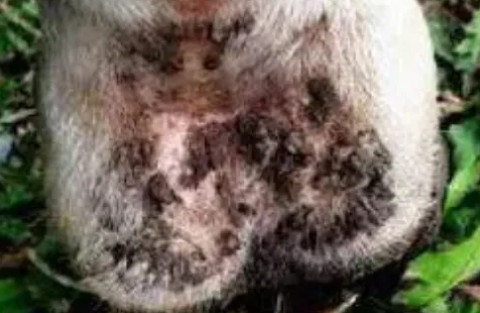As a pet owner it is important that you know how to remove a tick correctly as they can make pets very sick and even cause death. If you find a tick on your pet you need to remove it quickly and safely, this will prevent any further toxins being injected into the bloodstream. How easy a tick is to remove may depend on the position or size of the tick and how cooperative the pet is. We have put together some tips to be familiar with incase you ever need to remove a tick.
RSS
Blog
Eggs are a rich haven of healthy proteins thanks to the yolk. You would have to agree that only a few more other foods provide that pleasure of cutting into a runny yolk. But did you know that the colour of an egg yolk holds significance to its contents? The traditional belief about egg yolks colour variations is that a richer coloured yolk is healthier and more nutritious. However, this is far from the truth... in fact, yolks with darker hue have the same amount of protein and fat as yolks with lighter shades.
Winter and summer are the times of years that our older horses may struggle the most due to the extremes in temperatures. Winter in particular is when owners find their older horses may lose condition. As they tend to be thinner, with less muscle and fat than younger horses they have less insultation to keep them warm and must expend more energy to maintain their body temperature on those colder days and nights. If this is coupled with a decreased calorie intake due to a lack of pasture, they may be caught in a cycle of losing weight.
Dealing with pet hair is just another part of being a pet owner… but when you’re covered in it, it doesn’t necessarily make a good impression on people at work or in social situations. Keeping on top of the problem is the best way to keep fur off of your clothes so you can always look your best.
Most of us put a lot of trust in pet food manufacturers, particularly when we are dishing out a lot of money on ‘premium’ dog foods. But do you really know what you are feeding your dog? Do you read and fully understand the labelling on commercial dog foods you give to your pet? There’s a few important tricks of the dog food trade that can make it challenging to figure out exactly what you are feeding to your dog. So here’s my guide to helping you decipher pet food labels to make that all important decision on behalf of your four legged friend.
If you are just starting a new back-yard free range venture you need to know some basics before starting. Most chicken rearers will supply an information page to get you started but it’s important to get birds from a reputable rearer. With day length now increasing, backyard birds will start to get back into a proper laying cycle. Hens come into lay which is dictated by the amount of light they receive whether this is natural or artificial. It is important to ensure that the hens have everything spot on and available to them as they come into lay.
So what actually is mud-fever we hear you ask? ‘Mud-fever’ as we will call it, goes by many different terms such as; rain scald (or rain rot), equine dermatitis, scratches or greasy heel. It is a collective term for what is essentially a bacterial, and in some cases fungal, infection that causes irritation and inflammation of the skin. It will often present itself in moist conditions and mostly affects the heels of a horse – however it can present itself anywhere on the body and will commonly also affect the face, shoulder, back and rump of a horse, where it may be referred to as rain scald.

